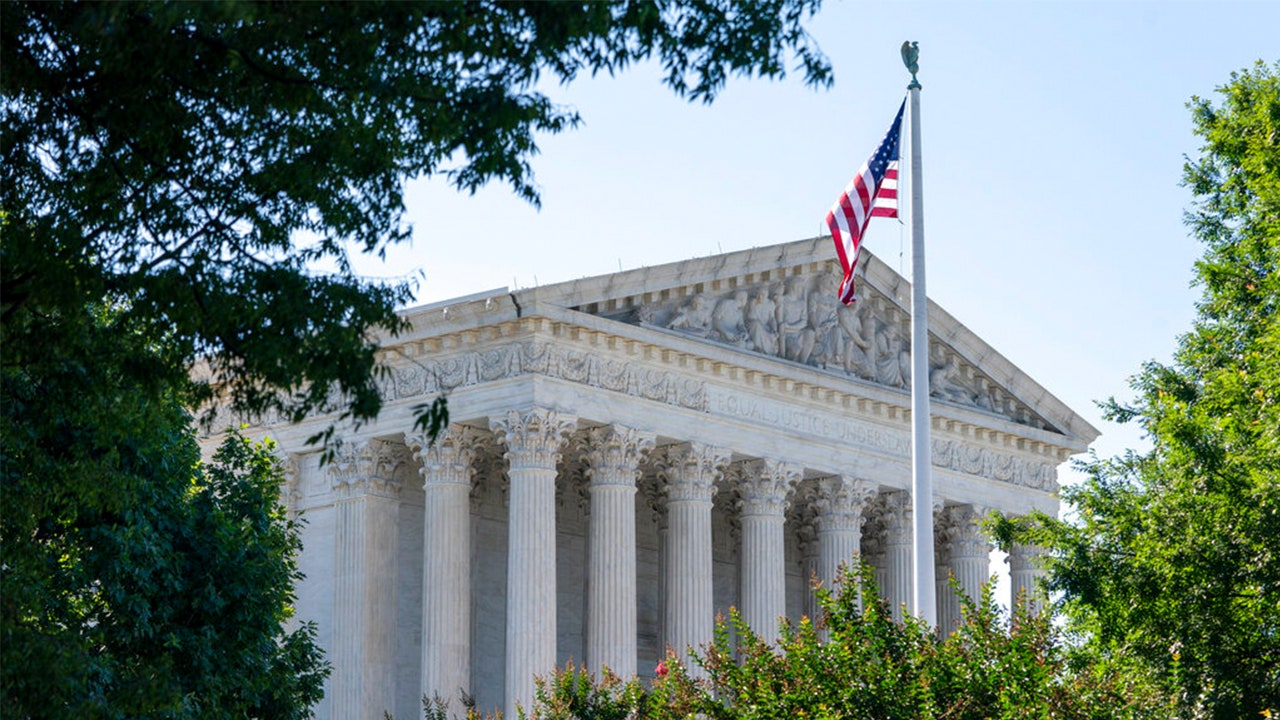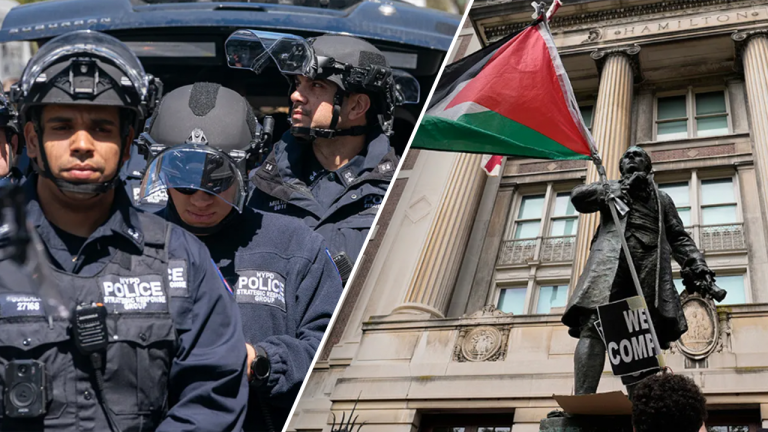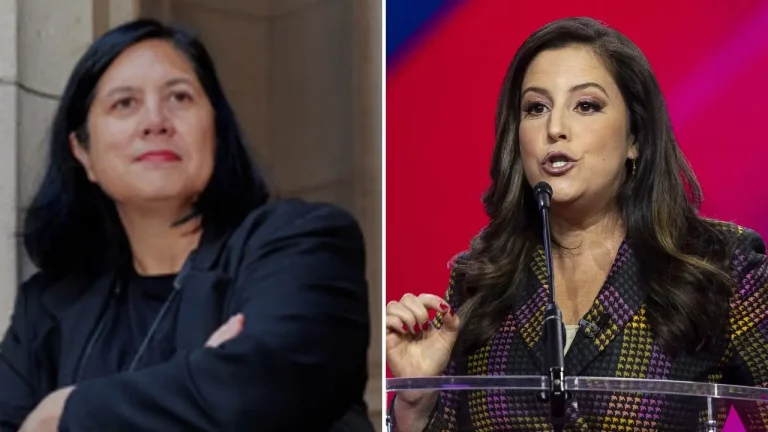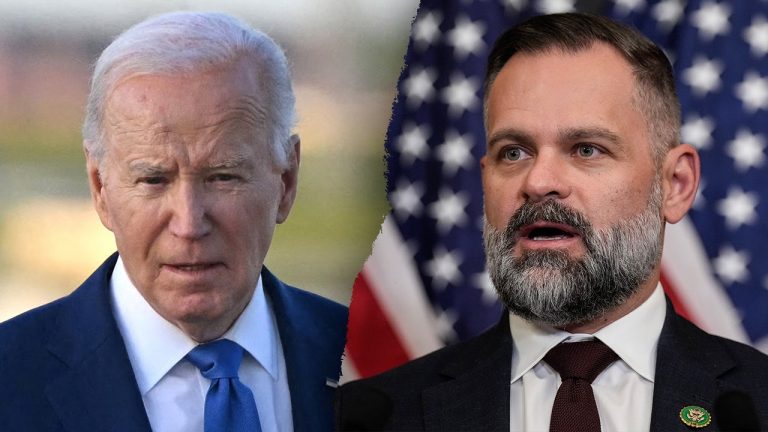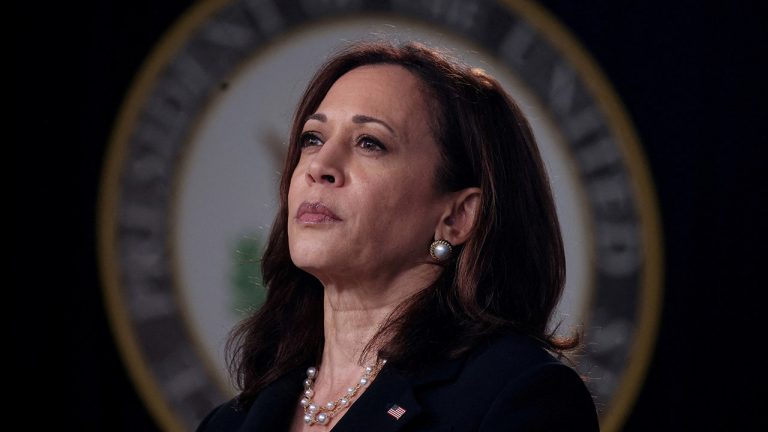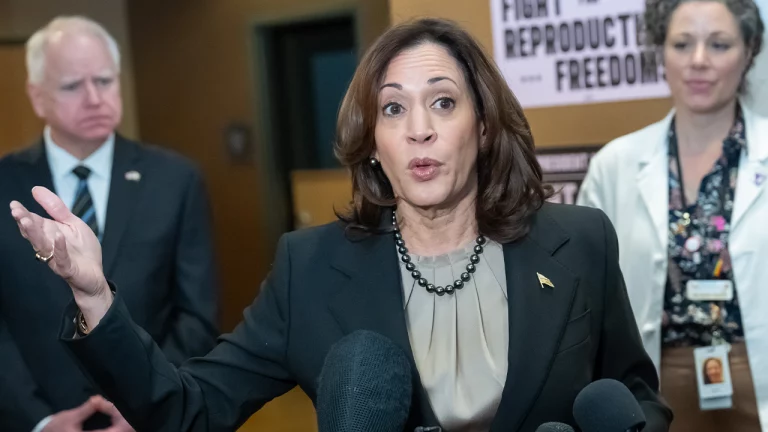Supreme Court decides on Biden’s social media influence effort challenge.
The Supreme Court made a significant ruling on Wednesday in favor of the Biden administration in a case concerning alleged coordination with social media companies. The Court concluded that the states that had sued the administration lacked standing to bring their challenge.
The case, known as Murthy v. Missouri, originated from a lawsuit filed by state attorneys general from Missouri and Louisiana. They accused high-ranking government officials of collaborating with social media giants under the pretext of combatting misinformation. This collaboration allegedly led to the censorship of speech on various topics, including Hunter Biden’s laptop, COVID-19 origins, and the effectiveness of face masks.
Writing for the majority, Justice Amy Coney Barrett stated that the plaintiffs failed to establish a direct link between their injuries and the actions of the defendants. She emphasized that the Court’s standing doctrine prevented them from engaging in broad legal oversight of the activities of other branches of government. As a result, the judgment of the Fifth Circuit was reversed, and the case was remanded for further proceedings.
The 6-3 decision saw Justice Samuel Alito dissenting, along with Justices Clarence Thomas and Neil Gorsuch. Barrett highlighted that the plaintiffs’ claims of standing were based on the censorship of their own speech and their right to listen to others affected by social media censorship. However, she noted that the plaintiffs did not seek to prevent platforms from restricting posts or accounts but instead aimed to stop government agencies from pressuring or encouraging such restrictions in the future.
Last year, U.S. District Court Judge Terry A. Doughty issued a temporary injunction barring White House and executive agency officials from collaborating with tech companies on content moderation. The injunction raised concerns about potential violations of the First Amendment and described the case as a significant threat to free speech in the United States.
Despite the Justice Department’s argument that the temporary ban could hinder initiatives to protect the American people and democratic processes, Justice Alito emphasized the importance of addressing the issue as a significant free speech case. He expressed concerns about the government’s pressure on social media platforms to suppress free speech.
Barrett countered Alito’s dissent by pointing out that the plaintiffs failed to adequately link past social media restrictions to the defendants’ communications with platforms. She argued that past and anticipated future injuries were not directly caused by the defendant’s actions, leading to the dismissal of the plaintiffs’ standing to seek injunctive relief.
However, Alito argued that the evidence presented was sufficient to demonstrate the plaintiff’s standing to sue and that the Court had a duty to address the free speech implications of the case. He warned against allowing government coercion to set a precedent for controlling public discourse in the future.
Overall, the Supreme Court’s ruling in Murthy v. Missouri has sparked discussions about the boundaries of government involvement in regulating speech on social media platforms and the protection of the First Amendment rights of individuals. As the legal landscape continues to evolve in the digital age, the implications of this case are likely to resonate in the ongoing debate over free speech and censorship.


